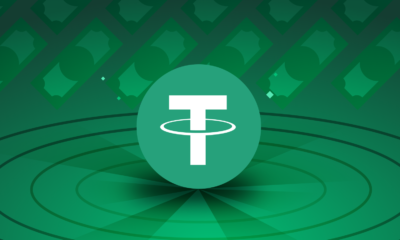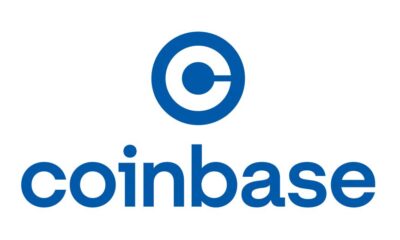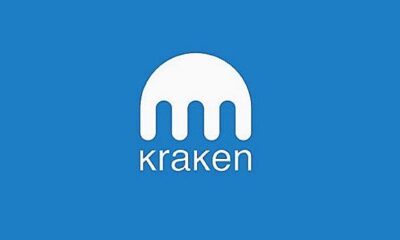Business
Laos partners with Soramitsu on CBDC research
Laos became the newest nation to begin exploring a central bank digital currency and announced upcoming research on the subject in partnership with Japanese distributed ledger technology firm Soramitsu.
-

 Business1 week ago
Business1 week agoEthereum to simplify crosschain transactions with new token standards
-

 Business1 week ago
Business1 week agoTether CEO defends decision to skip MiCA registration for USDT
-

 Business1 week ago
Business1 week agoMetaplanet to open US arm, plans to raise $250M for Bitcoin strategy
-

 Business1 week ago
Business1 week agoCoinbase suspends trading for MOVE token
-

 Business1 week ago
Business1 week agoKraken finalizes NinjaTrader buy as Q1 revenue jumps 19%
-

 Business5 days ago
Business5 days agoBinance founder CZ says Bitcoin could hit $500K–$1M this cycle
-

 Business3 days ago
Business3 days agoBinance founder CZ Zhao asked Trump to pardon money laundering conviction
-

 Business4 days ago
Business4 days agoBlackRock Bitcoin ETF clocks 16 days of inflow as BTC reclaims $97K


























